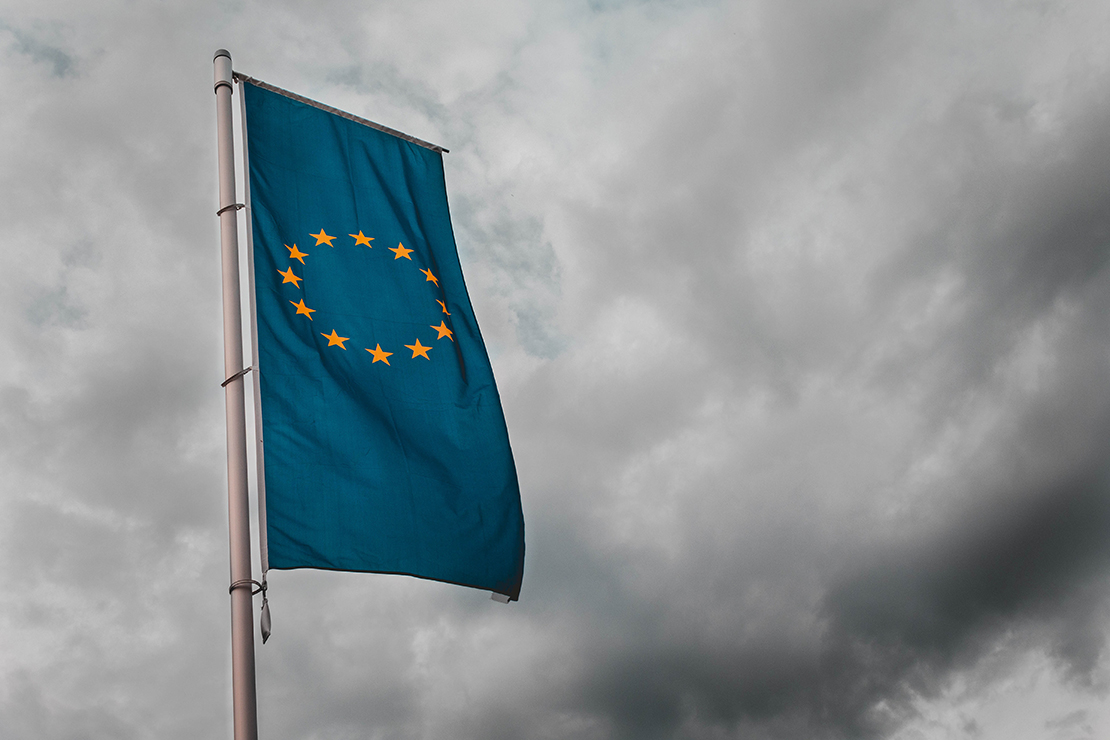Regional Economic Area for the Western Balkans: broader trade implications and implementation challenges for Kosovo
April 13, 2018
Authors

Dr. Arbëresha Loxha Stublla
Executive Director and Senior Research FellowIn July 2017 the Trieste Summit took place between the representatives of EU and the six Western Balkan countries. The Summit was held under the auspices of the Berlin Process, an intergovernmental cooperation initiative launched at a similar summit in Berlin in 2014. Hosted by Italy, the Summit was attended by leaders of Albania, Bosnia-Herzegovina (BiH), Kosovo, Macedonia, Montenegro, and Serbia, as well as officials from EU member states Croatia, Slovenia, Austria, France, and Germany. The Trieste Summit provided an opportunity to progress on the achievements of previous Summits (Berlin, Vienna, Paris) – as well as in several areas of cooperation, in particular in the connectivity agenda, as one of the core element of the process, and in the regional integration process.
This Policy Analysis initially analyses the added value of the REA as an upgrade of CEFTA. Following this, it examines potential benefits of the REA for the region and Kosovo in particular, as well as challenges that can negatively impact its successful implementation. Finally, it analyses the risks associated with the possibility of introducing governing custom regimes within the REA in the future and implications this would have for Kosovo, at a time when enlargement is not on the EU agenda.
Regional Economic Area for the Western Balkans: broader trade implications and implementation challenges for Kosovo

 Download PDF
13/04/2018
Download PDF
13/04/2018Share article
Latest Publications
April 8, 2024
Policy Analysis
Reflecting on the Third Year of Kurti II: Setbacks and Achievements in Rule of Law, Public Administr ...
March 22, 2024
Policy Analysis
Lost, “in the Twilight Zone” Rebutting the Court’s Blunder
March 7, 2024
Policy Analysis
Unfair Treatment? The EU’s facilitator role over the Kosovar or Serbian contempt of the Dialogue
Related Espresso Insights
March 4, 2024
Espresso.Insights
Passport Hangover: What’s next after Spain’s Kosovo breakthrough?

January 16, 2023
Espresso.Insights
Recognized but not supported: Hungary's stance on Kosovo's EU bid




